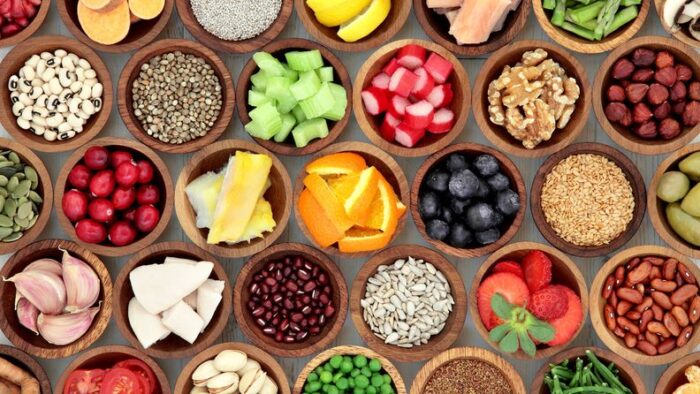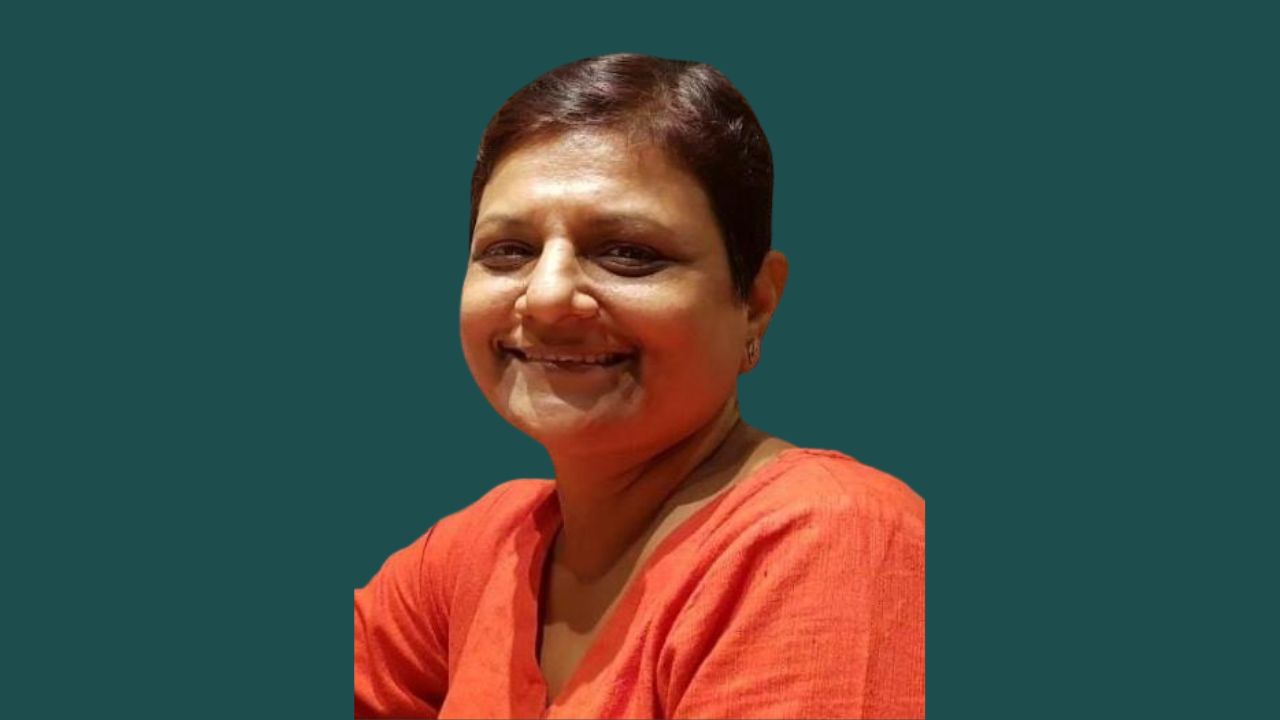Dr. Suhas Kshirsagar is a renowned Ayurvedic practitioner, author and educator in the US. Hailing from a family following Vedic rituals and traditions, Dr. Kshirsagar’s interests and understanding of Ayurveda developed at an early age. This led him to pursue an M.D in Ayurvedic Medicine from the Pune University in India, earning him a gold medal as well. After having served in senior positions in many Ayurveda and wellness institutes as well as clinics, Dr. Suhas now heads Ayurvedic Healing, an integrative Wellness & Panchkarma Clinic in Santa Cruz, California in the US.
He is also an author having written several books which include The Art & Science of Vedic Counselling, Change Your Schedule, Change Your Life. In this interview, Dr. Suhas Kshirsagar talks about his latest and best-selling book The Hot Belly Diet.
Can you share some insights/instances on how your book Hot Belly Diet has been received by the global audience, especially those who were not exposed to Ayurveda before?
If you’re in a battle with your weight, then chances are you’re desperate for results and have probably tried the latest weight-loss trends with disappointing, and often disheartening, results. You’ve cut calories, gone gluten-free, lowered your carbs, and tried to exercise more. Meanwhile, you’ve beaten yourself up emotionally, felt like a failure, wondered why nothing has worked for you, wished for more willpower, and lost your sense of joy and enthusiasm. You may even feel stuck and ready to give up.
Hot Belly Diet, is all about looking at Ayurvedic strategies for not only losing weight but also optimizing health. I believe that the timing for the book was perfect as well as the terminology that we used was geared towards the general population.
Hot Belly Diet became a Best Seller due to the relatability of the book. A lot of people even those who weren’t familiar with the concepts of Ayurveda, could relate to the characters in the book! Because Metabolic Syndrome was so prevalent at that time, 1 in 5 people had either elevated BP, Blood Sugar or Cholesterol. All diseases stem from poor diet and lifestyle choices. Ayurveda has the perfect template to reverse some of these disorders.
How does Ayurveda approach the idea of dieting for weight loss?
We have to keep in mind that weight loss is NOT a natural process. So from an ayurvedic standpoint, we take into account a person’s prakruti or body constitution and come up with a plan to effectively detoxify and purify the body.
It is equally important to consciously keep a check on the timing of the meals. As Ayurveda describes, our digestion is less strong in the evening, and when we go to sleep, our digestion, metabolism, and circulation slow down even further. The body simply can’t assimilate large evening meals properly. The result is that much of the food is digested poorly and eventually creates toxins, fat, and excess weight. Even if we are eating less during the day, exercising, and taking special herbs, pills, powders and drinks, most of us will not be able to overcome this most serious all weight-loss mistake.
In the evening, it is especially important to avoid the following types of foods: cheese, yogurt, rich desserts, red meat, leftovers of any kind, cold foods, and processed foods. It’s also important to reduce evening consumption of fish, fowl, and starches.
Evening meals should be vegetarian, hot, light, and soupy. If you are significantly overweight, the foundation of the evening meal should be:
- Non-cream soups
- Complex grains cooked in water (for example, brown rice, quinoa, buckwheat, and barley)
- Vegetables: steamed, roasted, or sautéed with small amounts of extra-virgin olive oil. If you must have dessert, I recommend cooked fruit desserts made with only small amounts of organic sugar.
What are some of the most integral concepts to understand food as medicine as prescribed in Ayurveda?
One of the most crucial aspects of Food as medicine is “you are not what you eat, but rather you are what you digest” So we as humans, are a culmination of all of the input that we consume. It is therefore important to Eat fresh food, freshly prepared, and filled with prana, the vital life force.
As I write in my book Ayurveda holds that putting food back in the refrigerator after it has been cooked causes serious deterioration of the quality of the foods and their digestibility. Even if you reheat your leftover foods after you take them out of the refrigerator, they have lost their life-giving freshness.
We get more than molecules from food. We also get freshness, life force (prana), and nature’s intelligence. Physics tells us there is a classical world of molecules but also a quantum mechanical world of vibration. The vibration of the deeper fields that comprise nature’s life force and intelligence get destroyed by cooling cooked food. As a result, leftovers easily lead to improperly digested waste products called ama, which accumulate in the body and can create toxins, blockages, and excessive weight gain. Ultimately, accumulated ama can lead to the development of many diseases.
So not just the foods we eat, but the movies we watch, the music we listen to and even the relationships we hold. When your agni is balanced, it becomes easy to heal the body.
It is also important to remember that optimum digestion is the cornerstone of your health and wellbeing. Exercise is an antidote for almost everything that ails us. It improves digestion, metabolism, elimination, complexion, muscle tone and strength, and bone density ‒ and it helps us normalize weight. Physical activity is also positive on an emotional level as it can be enjoyable, increase self-confidence, and bring us greater energy, freshness, and success throughout the day.

One of your courses includes “Emotional Eating – Science of Food Cravings”. Can you elaborate on this and draw a comparison between the modern science approach vis-à-vis the Ayurvedic approach?
Emotional eating is a hot-button topic in the realm of emotional health these days. We are learning more and more about the enteric nervous system and the brain-gut connection. It is thought that there are more hormones released because of the food we eat than any other cause. From an Ayurvedic perspective, we look at food cravings as a sign of imbalance within the 6 tastes. If someone is lacking in the 6 tastes, these cravings will worsen. Sweet, Sour, and Salty are never a problem for most people, but we usually miss out on Bitter, Astringent, and Pungent. These lead to depletion or aggravation of certain character traits which then lead to even more cravings!
How do the tridoshas complement Agni and Ama? How can one ensure a balance in our food?
The three doshas work independently to maintain balance. Everyone has all three doshas. But what sets people apart from one another is the predominance of these doshas. An individual’s level of agni and ama is actually dependent on their dosha make-up or prakruti! A pitta predominant person will naturally have a stronger agni and low ama. Whereas a kapha person will tend to have a low agni and higher chance of ama build-up. So, the food you consume should be according to not just your agni and ama level but also your individual dosha type, time of year (season), and any current imbalance.





